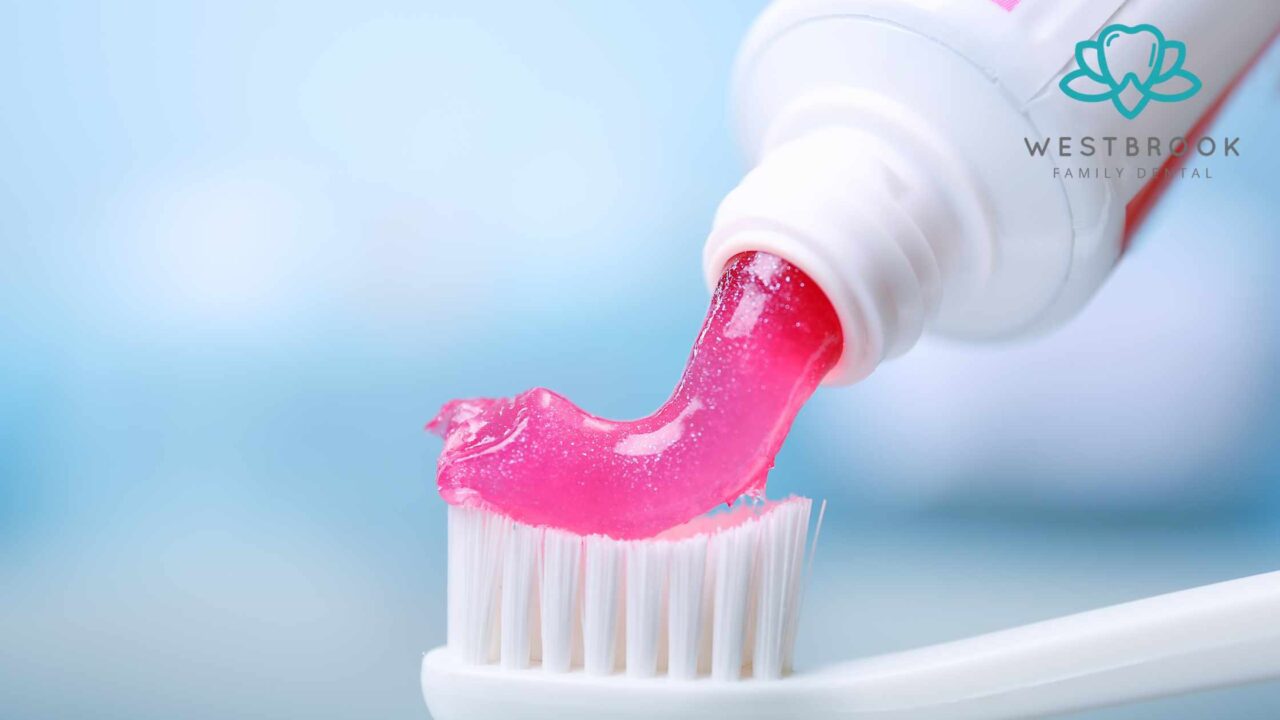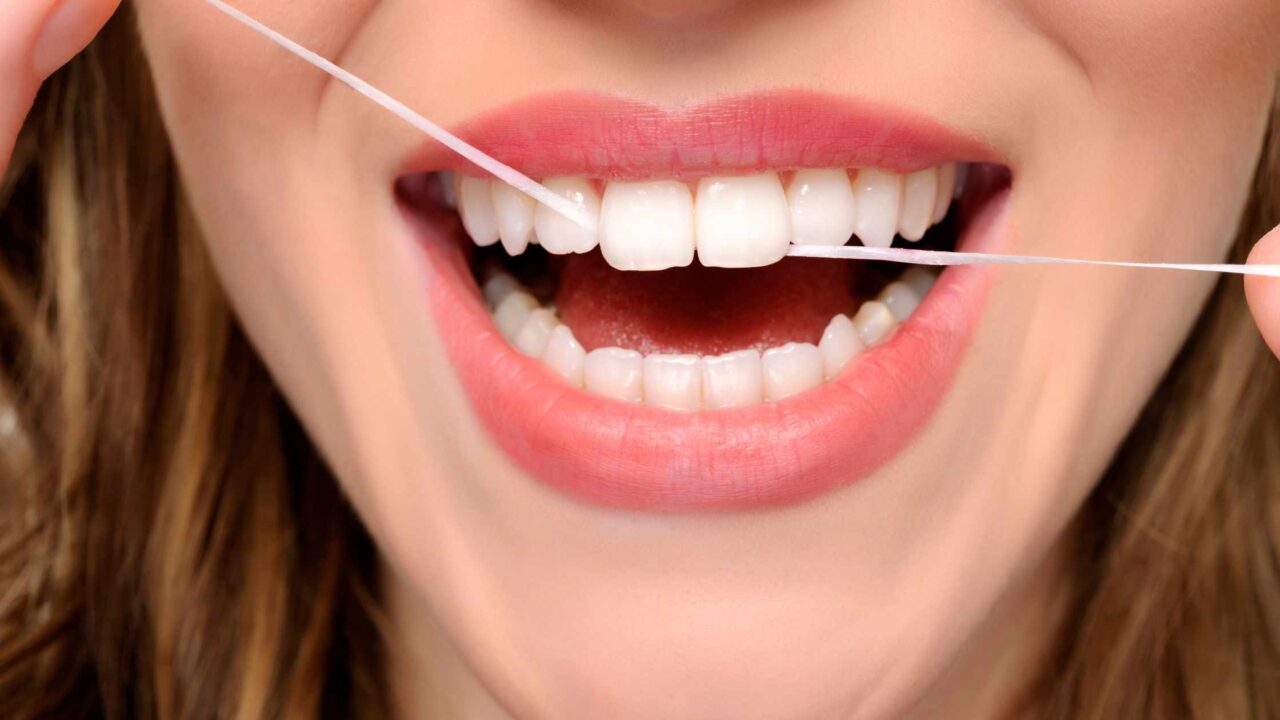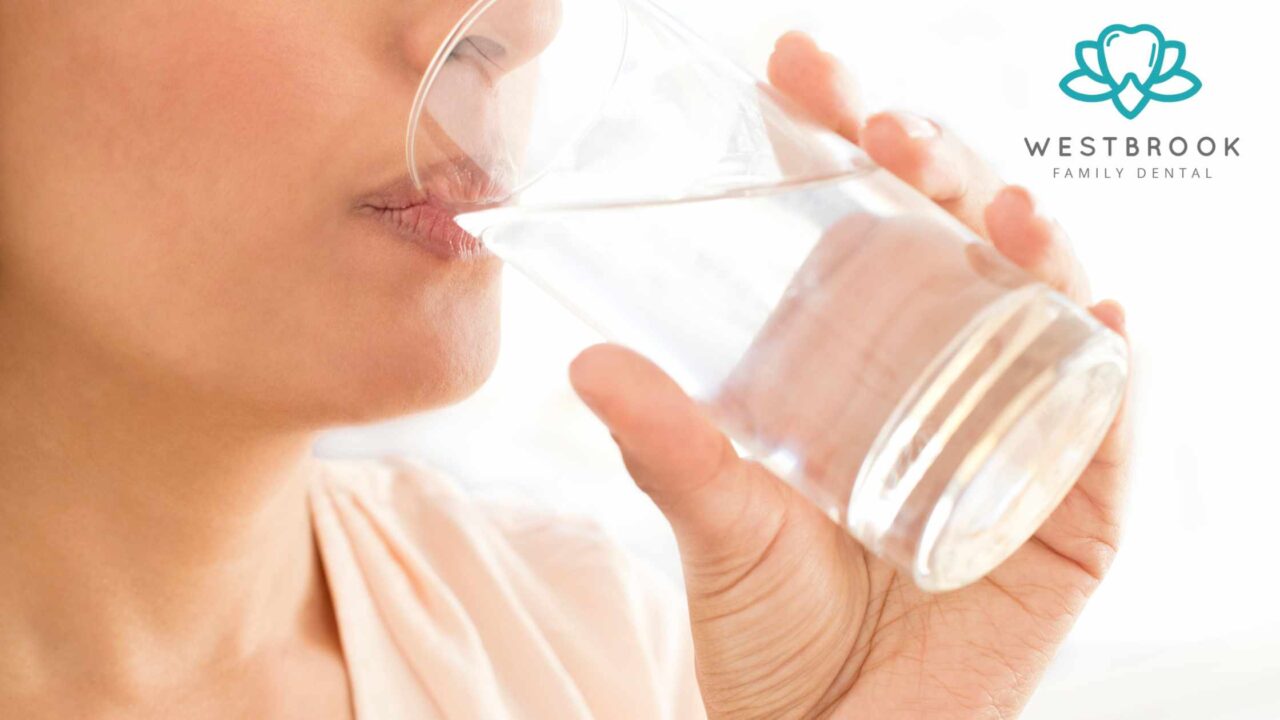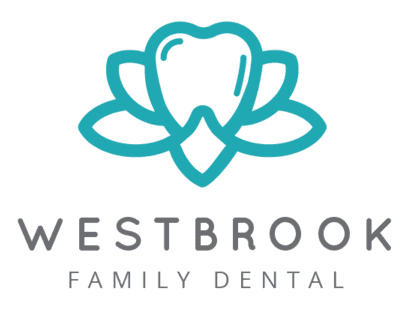Maintaining excellent oral health between your dental checkups is essential not only for a beautiful smile but also for preventing long-term issues like gum disease and tooth decay. A consistent and proactive oral hygiene routine helps keep your teeth and gums in top shape, saving you from more invasive treatments down the road.
At Westbrook Family Dental, we believe in empowering our patients with the knowledge to maintain their oral health at home. By incorporating a few key habits into your daily routine, you can enjoy a lifetime of healthy teeth and gums. Below are the essential practices you should follow to keep your smile bright and healthy between visits.
Brush Twice a Day with Fluoride Toothpaste

Brushing your teeth twice daily is non-negotiable when it comes to maintaining optimal oral health. Regular brushing removes plaque, bacteria, and food particles that accumulate throughout the day.
How to Brush Properly:
- Use a soft-bristled toothbrush to avoid damaging your gums and enamel.
- Brush for two minutes each time, ensuring you cover every tooth surface—outer, inner, and chewing surfaces.
- Angle the brush at 45 degrees to your gum line to effectively remove plaque.
- Don’t forget your tongue—brushing it helps reduce bacteria and freshen your breath.
- Replace your toothbrush or toothbrush head every three months or sooner if bristles are frayed.
Why Fluoride Matters:
Fluoride toothpaste helps in strengthening tooth enamel, making it more resistant to decay. This ingredient plays a vital role in preventing cavities, especially in areas where plaque buildup is more likely.
By making brushing a consistent part of your morning and nighttime routine, you’ll significantly reduce the risk of tooth decay and gum disease.
Learn more about proper brushing techniques on our website here.
Floss Every Day

Brushing alone isn’t enough to maintain optimal oral health. The spaces between your teeth can harbor food particles and plaque that your toothbrush can’t reach, leading to tooth decay and gum problems. This is where flossing comes in.
Benefits of Daily Flossing:
- Prevents gum disease: Flossing removes the plaque buildup between teeth that can cause gingivitis.
- Reduces the risk of cavities: Removing trapped food particles lowers the chance of tooth decay.
- Keeps your breath fresh: Eliminating bacteria and food debris helps prevent bad breath.
Proper Flossing Technique:
- Use about 18 inches of floss, wrapping most around your middle fingers, leaving an inch or two to work with.
- Gently slide the floss between your teeth using a sawing motion.
- Curve the floss into a “C” shape against each tooth, making sure you go under the gum line.
By flossing daily, you can protect the health of your gums and the spaces between your teeth, areas that are often neglected.
Use an Antibacterial Mouthwash

An antibacterial mouthwash is an excellent addition to your oral hygiene routine. It helps reduce plaque buildup, fights bad breath, and protects against gingivitis.
How Mouthwash Enhances Oral Health:
- Reduces bacteria: Antibacterial mouthwash kills harmful bacteria, lowering the risk of infections.
- Freshens breath: Mouthwash helps neutralize the bacteria that cause bad breath.
- Protects against plaque and gum disease: Using a mouthwash with fluoride can strengthen enamel and help fight plaque.
For best results, swish the mouthwash around your mouth for 30 seconds after brushing and flossing. This will ensure that any leftover particles are rinsed away, leaving your mouth clean and fresh.
Limit Sugary and Acidic Foods

Your diet has a direct impact on your oral health. Consuming high amounts of sugary or acidic foods and drinks can lead to tooth decay, weakened enamel, and even gum disease. Sugar reacts with bacteria in your mouth to create acids that attack your teeth, while acidic foods and drinks can wear down your enamel over time.
Foods to Limit for Optimal Oral Health:
- Sugary snacks like candies, cakes, and cookies.
- Sugary drinks such as soda, sports drinks, and fruit juices.
- Acidic foods and beverages like citrus fruits, vinegar, and carbonated drinks.
Healthier Alternatives:
- Drink plenty of water to wash away food particles and neutralize acids in your mouth.
- Snack on raw vegetables and cheese, which are not only healthy but also help promote saliva production that protects your teeth.
Moderating your intake of sugary and acidic foods and making healthier dietary choices will help you maintain stronger teeth and prevent decay.
Stay Hydrated

Drinking enough water daily is essential for both your general and oral health. Water helps wash away food particles and bacteria from your mouth, promoting a healthier environment for your teeth and gums. Proper hydration also helps in the production of saliva, which is your body’s natural defense against plaque.
Benefits of Drinking Water for Oral Health:
- Washes away debris: Water clears out food particles that could otherwise get stuck and lead to plaque.
- Prevents dry mouth: A dry mouth can lead to the growth of bacteria, so staying hydrated helps maintain a good balance of saliva.
When to Drink Water:
- After meals, to rinse out food debris and bacteria.
- After consuming acidic or sugary foods, to neutralize the acids
Schedule Regular Dental Checkups and Cleanings
Even with the most thorough home care routine, it’s crucial to see your dentist regularly. Dental checkups allow us to identify any issues before they become significant problems. At Westbrook Family Dental, we recommend visiting at least twice a year for a professional cleaning and examination.
What to Expect During a Checkup:
- Professional Cleaning: A hygienist will remove plaque and tartar buildup that you may have missed during brushing and flossing.
- Thorough Examination: Your dentist will check for signs of cavities, gum disease, and other oral health issues.
- X-rays (if necessary): To check for problems beneath the surface of your teeth and gums.
Regular dental checkups will ensure that your teeth remain healthy and prevent long-term damage.
Book your next appointment at Westbrook Family Dental today.
Conclusion
Maintaining a healthy smile requires a consistent at-home routine combined with regular visits to your dentist. By following these daily habits—brushing twice a day, flossing daily, using mouthwash, limiting sugary foods, staying hydrated, and scheduling regular dental visits—you can enjoy excellent oral health for years to come.
At Westbrook Family Dental, we are committed to helping you achieve and maintain a beautiful, healthy smile. For personalized advice on your oral health or to schedule your next appointment, contact us at:
Westbrook Family Dental
Address: 12 Main St, Toowoomba, QLD 4350
Phone: (07) 4659 2424
Email: info@westbrookdental.com.au
We look forward to seeing you at your next checkup and helping you keep your smile in its best shape!
Frequently asked questions
Q: How often should I schedule a dental check-up?
A: It is generally recommended to have a dental check-up every 6 months. However, your dentist may suggest a different frequency based on your individual dental health and risk factors.
Q: What can I expect during a visit to the dentist for a routine dental check?
A: During a routine dental check, the dentist or dental hygienist will perform an examination of your teeth, check for any signs of gum disease, and may take a dental x-ray to detect any underlying issues. They will also provide a dental cleaning to remove plaque and tartar build-up.
Q: Why is it important to maintain good dental hygiene between dental check-ups?
A: Maintaining good dental hygiene between dental check-ups is crucial to prevent dental diseases and issues such as gum disease and cavities. Proper care of your teeth helps ensure your overall dental health is maintained.
Q: How can I effectively take care of my teeth at home?
A: To effectively take care of your teeth at home, brush twice a day with fluoride toothpaste, floss daily, and use an antibacterial mouthwash. Additionally, avoid sugary snacks and drinks that can increase your risk of cavities.
Q: What should I do if I notice signs of gum disease?
A: If you notice signs of gum disease, such as bleeding gums or persistent bad breath, it’s important to contact us immediately for a check-up. Early detection can help prevent more serious dental problems.
Q: Are dental x-rays necessary during every dental check-up?
A: Dental x-rays are not required at every dental check-up but may be necessary depending on your dental history and the dentist’s evaluation of your oral health. They help in detecting issues that are not visible during a clinical examination.
Q: What types of dental problems can be detected during a dental check-up?
A: During a dental check-up, a dentist can detect various dental problems, including cavities, gum disease, oral cancer, and issues with existing dental work such as fillings. Early detection is key to effective treatment.
Q: How can I prevent dental problems before my next dental check-up?
A: To prevent dental problems, maintain a consistent dental hygiene routine, avoid high-sugar foods, stay hydrated, and consider using dental products that promote gum health. Regular visits to the dentist also play a crucial role in prevention.
Q: What should I expect after a dental cleaning at the dental clinic?
A: After a dental cleaning at the dental clinic, you may experience some sensitivity, but this should subside. Your dental hygienist will provide you with tips on maintaining your dental hygiene until your next visit.
Q: How can I find a good dentist near me?
A: To find a good dentist near you, consider asking for recommendations from friends or family, checking online reviews, and verifying their credentials. You can also contact us for assistance in locating a qualified dental practitioner in your area.



